Period:Qing dynasty Production date:1700-1722 (circa)
Materials:porcelain
Technique:glazed, underglazed,
Subjects:classical deity
Dimensions:Height: 7.50 centimetres
Description:
Chinese porcelain cup, painted in Germany. The tall cup bears on the base a small uneven underglaze-blue ring. The cup was painted in Germany in black enamel with a continuous frieze, depicting a mythological scene which shows various stages in the destruction of a snake-like monster. On one side a snake-like winged monster is depicted in a landscape setting attacking a group of goats, and on the other side it is being destroyed by a semi-naked figure with a club who is surrounded by men with flaming torches. Two other snake-like beasts are seen escaping into trees. A fly is painted inside the cup off-centre, in a very naturalistic way. The foot-ring bears traces of red pigment and gilding.
IMG
![图片[1]-cup BM-Franks.946.+-China Archive](https://chinaarchive.net/Qin dynasty/Ceramics/mid_00358087_001.jpg)
![图片[2]-cup BM-Franks.946.+-China Archive](https://chinaarchive.net/Qin dynasty/Ceramics/mid_00358088_001.jpg)
![图片[3]-cup BM-Franks.946.+-China Archive](https://chinaarchive.net/Qin dynasty/Ceramics/mid_00358089_001.jpg)
Comments:Harrison-Hall and Krahl 1994:The decoration depicts a story from Greek mythology, and shows the destruction of the multi-headed Lernaean hydra by the semi-god Heracles who is typically represented half-naked and with a raised club (see BM Franks. 916+). This task was the second of the twelve labours he was condemned to perform before gaining immortality, as a penance for slaying his own children. He overcame the monster, which grew two new heads every time one head was cut off, with the help of others using torches. The cup was made at Jingdezhen, Jiangxi province, and was painted in Germany probably by Ignaz Bottengruber of Breslau, who was active c. 1723-30. Spir (2005):The British Museum has a good representative collection of Chinese porcelain decorated by Preissler and two other “Hausmaler”, C. W. Anreiter and I. Bottengruber, thanks mainly to Augustus W. Franks.
Materials:porcelain
Technique:glazed, underglazed,
Subjects:classical deity
Dimensions:Height: 7.50 centimetres
Description:
Chinese porcelain cup, painted in Germany. The tall cup bears on the base a small uneven underglaze-blue ring. The cup was painted in Germany in black enamel with a continuous frieze, depicting a mythological scene which shows various stages in the destruction of a snake-like monster. On one side a snake-like winged monster is depicted in a landscape setting attacking a group of goats, and on the other side it is being destroyed by a semi-naked figure with a club who is surrounded by men with flaming torches. Two other snake-like beasts are seen escaping into trees. A fly is painted inside the cup off-centre, in a very naturalistic way. The foot-ring bears traces of red pigment and gilding.
IMG
![图片[1]-cup BM-Franks.946.+-China Archive](https://chinaarchive.net/Qin dynasty/Ceramics/mid_00358087_001.jpg)
![图片[2]-cup BM-Franks.946.+-China Archive](https://chinaarchive.net/Qin dynasty/Ceramics/mid_00358088_001.jpg)
![图片[3]-cup BM-Franks.946.+-China Archive](https://chinaarchive.net/Qin dynasty/Ceramics/mid_00358089_001.jpg)
Comments:Harrison-Hall and Krahl 1994:The decoration depicts a story from Greek mythology, and shows the destruction of the multi-headed Lernaean hydra by the semi-god Heracles who is typically represented half-naked and with a raised club (see BM Franks. 916+). This task was the second of the twelve labours he was condemned to perform before gaining immortality, as a penance for slaying his own children. He overcame the monster, which grew two new heads every time one head was cut off, with the help of others using torches. The cup was made at Jingdezhen, Jiangxi province, and was painted in Germany probably by Ignaz Bottengruber of Breslau, who was active c. 1723-30. Spir (2005):The British Museum has a good representative collection of Chinese porcelain decorated by Preissler and two other “Hausmaler”, C. W. Anreiter and I. Bottengruber, thanks mainly to Augustus W. Franks.
© Copyright
The copyright of the article belongs to the author, please keep the original link for reprinting.
THE END
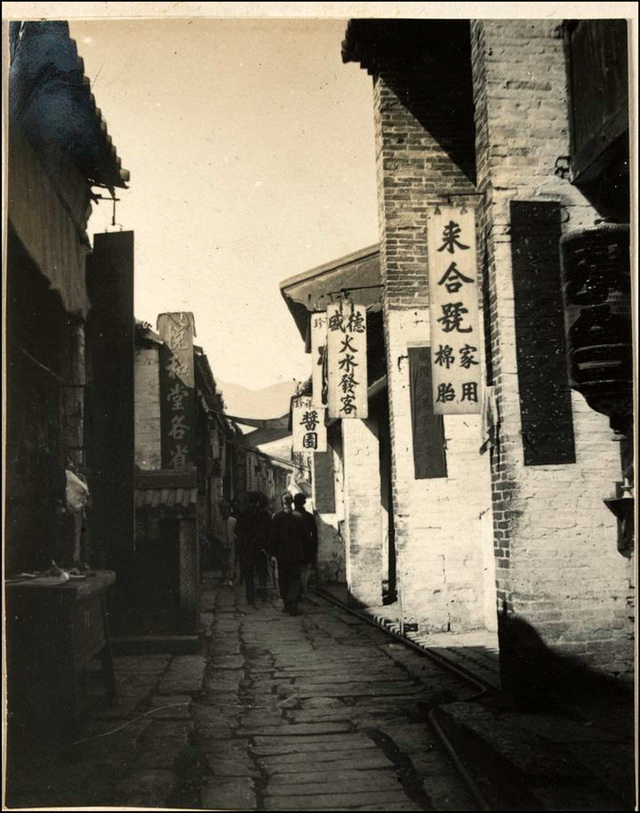
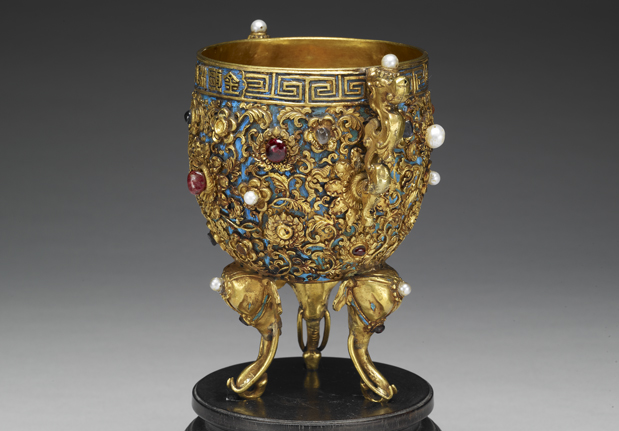
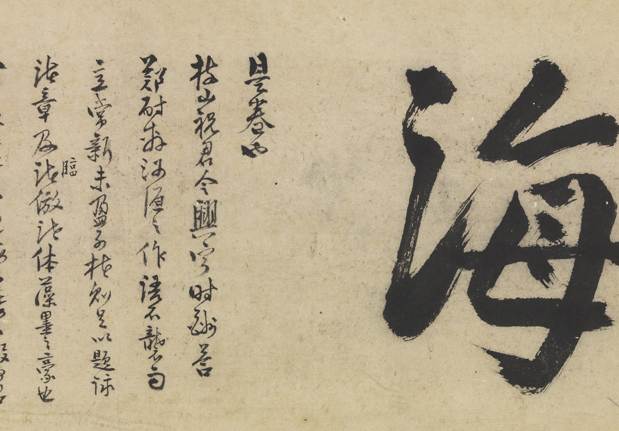
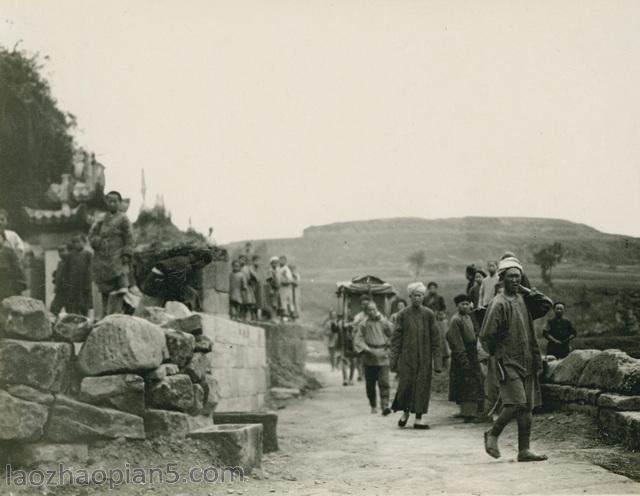
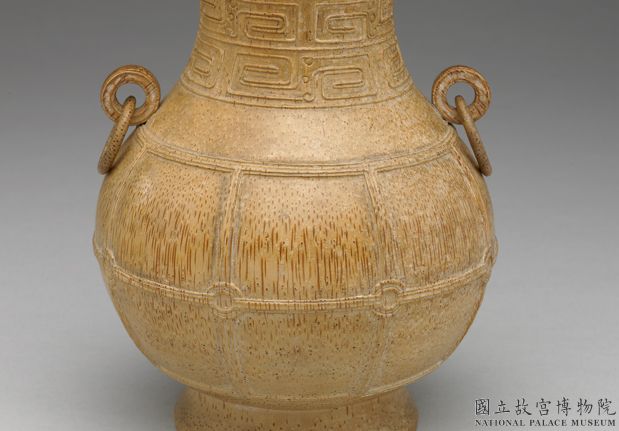
![[Qing Dynasty] British female painter—Elizabeth Keith, using woodblock prints to record China from the late Qing Dynasty to the early Republic of China—1915-China Archive](https://chinaarchive.net/wp-content/uploads/2022/11/image-191x300.png)